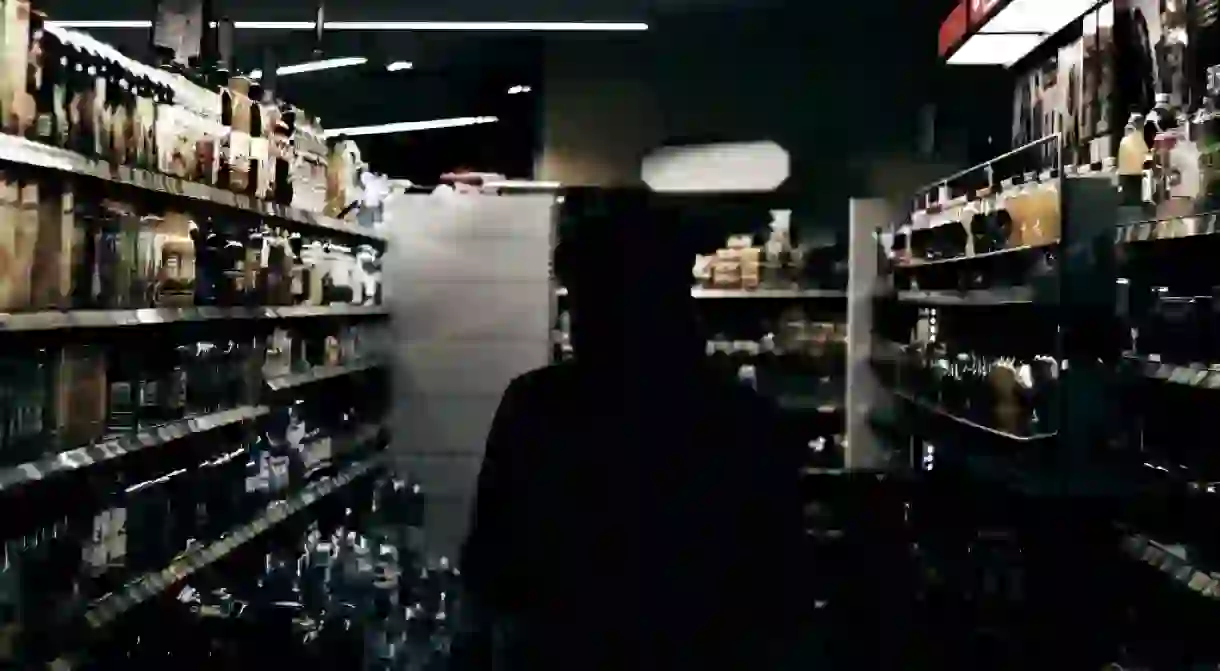How Scotland Is Cracking Down on Alcoholism

Countries across the globe are no strangers to staring social problems in the face, and Scotland is no exception.
From period poverty and homelessness to cot death, Scotland faces social problems head-on. In a bid to fight alcoholism and its devastating effects, the Scottish government just raised the cost of cheap high-strength booze.
The new law, which waves farewell to the days of dirt cheap high-potency drinks, sets a legally enforced minimum price on all alcohol of 50p per unit.
To put this into perspective, this means a three-litre bottle of Frosty Jack’s cider, a tipple popular with underage drinkers, will now cost around £11.25, as opposed to its prior price of approximately £4.70.
Similarly, a standard bottle of 700ml whisky will cost at least £14, while the vodka alternative will be sold at a minimum of just above £13.

Recently published alcohol guidelines in the UK suggest that both women and men should consume no more than 14 units per week. Before the minimum pricing law, these 14 units could be purchased in Scotland for as little as £2.52.
When it comes to calculating the units in any alcoholic beverage, multiply the total volume (in ml) by the ABV (alcohol by volume – measured as a percentage) and then divide the result by 1,000.
Although the forward-thinking policy went into force on May 1, 2018, it has been a long time coming. The law was actually passed back in 2012, but legal battles with the Scotch Whisky Association put a spanner in the works and halted the process.

Backed by medical professionals and numerous alcohol-concern charities, the minimum pricing law was issued to fight Scotland’s ‘unhealthy relationship’ with alcohol and target harmful and hazardous drinkers.
Nicola Sturgeon told MSPs, ‘We need to change our relationship with alcohol to save lives…the eyes of the world will once again be on Scotland as we implement a minimum price for alcohol of 50 pence per unit.’
The Scottish government states that this significant step forward will reduce hospital admissions by approximately 1,300 and save around 58 lives within the first year. Sturgeon went on to say that ‘Alcohol misuse causes around 700 hospital admissions and 22 deaths each week. Behind every one of these statistics is a person, a family, a community struggling with the impact of alcohol abuse.’

Supermarkets and shops are expected to be hit the hardest and will no longer be able to compete with cheap own-brand alcohol, including whisky, gin and vodka. However, brewers with pubs (such as the owner of Tennent’s Lager) are said to embrace the changes because it significantly hinders supermarket competition.
There are those who worry that minimum pricing will inadvertently target so-called moderate drinkers, with the belief that true addicts will find a way to get their fix, despite an increase in cost. With this in mind, the law was passed with a ‘sunset clause’, meaning that MSPs at Holyrood can remove minimum pricing in six years if it hasn’t worked as planned.
That being said, alcoholism is widely regarded as a very real ‘Scottish problem’, with most of the hospitalisations and booze-related deaths impacting those, particularly men, from low socio-economic backgrounds and poverty-stricken households. Social class aside, alcohol abuse can and does impact anyone and everyone from all walks of life.

Following the minimum pricing policy, there are even discussions underway to call for a Scottish ban on alcohol discounting and the sale of alcohol after 8 pm.
Scotland’s pioneering stance on tackling the widespread social epidemic of alcoholism is being closely monitored, with Wales set to introduce similar legislation in due course.
‘Given alcohol is an epidemic faced right across the UK, we stand ready to share our experience in delivering this responsible, forward-thinking policy with any other government, that is ready to take action’. —Nicola Sturgeon













